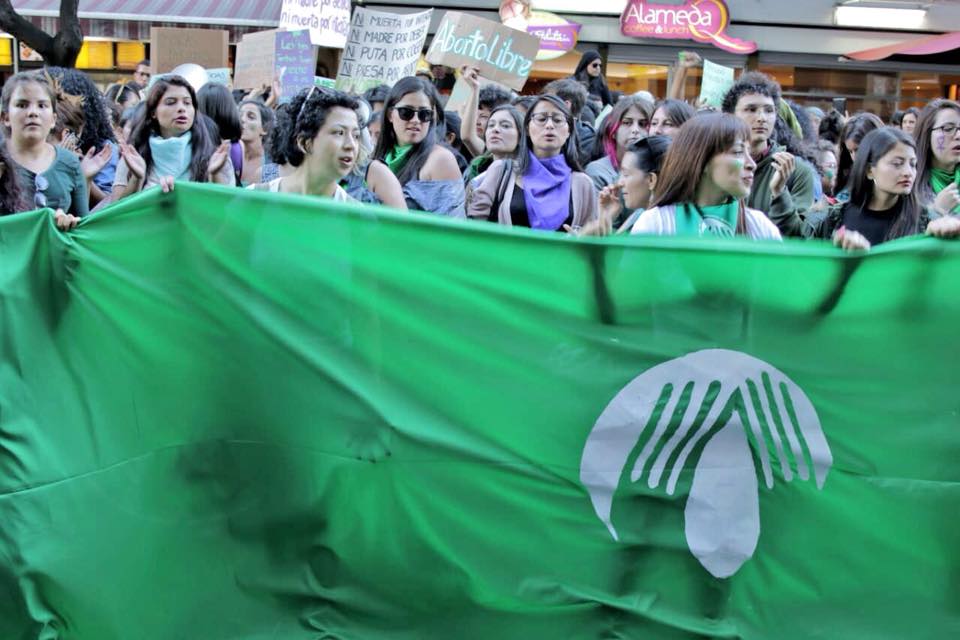On August 1, a group of women rights, human rights and social activists staged a demonstration outside the National Assembly in Quito, Ecuador, to demand that the reforms related to abortion rights be approved.
The Ecuadorian National Assembly was set to debate and vote on two significant bills, the Organic Health Code (COS) and the Comprehensive Organic Criminal Code (COIP). Both the bills included reforms related to abortion rights, among other issues. The voting on the COS was suspended due to lack of consensus among legislators with respect to the content of the final draft of the bill. In the case of COIP, it was decided to continue the debate in at least two more sessions.
Abortion is illegal in Ecuador, except in two circumstances: if the life of the pregnant woman is at risk, or if the pregnancy is the result of the rape of a woman with a mental disability. In January, the National Assembly began debating a bill to decriminalize abortion in cases of rape, incest and insemination without consent. But the session was suspended due to lack of quorum. The existing abortion laws in Ecuador have bein force since 1938. The last time the country debated to legalize abortion in cases of rape was in 2013 and the assembly voted against it.
#YoVotoAFavor (#IVoteInFavor), #AbortoPorViolacion (#AbortionInCaseOfRape), #ReformasCOIP (#COIPReforms), #COIP, etc. trended on social media throughout this week to urge the assembly members to vote in favor of the reform and guarantee the rights to millions of teenage girls and women who have been raped.
Child rape and child pregnancy are the harsh reality of Ecuadorian society today and have become the primary concern of the feminist movements in the country. In Ecuador, every day, at least seven girls under the age of 14 years give birth and seven others abort in an unsafe and clandestine way. According to the statistics from the attorney general’s office, in the last three years 13,969 women were raped, 718 of the victims were under 10 years of age.
In addition, according to the Vital Statistics and Births database of the National Institute of Statistics and Census (INEC), between 2008 and 2018, more than 20,000 girls under the age of 14 gave birth. All of them consulted government health institutions and were suggested to continue with the pregnancy. The same report indicated that over 515,983 teenage girls, between 15 to 19 years, became mothers and 25% of the cases were result of sexual abuse. The report also highlighted that around 250 women have been imprisoned in the country for seeking abortions, all of them were poor and under 20-year-old.





